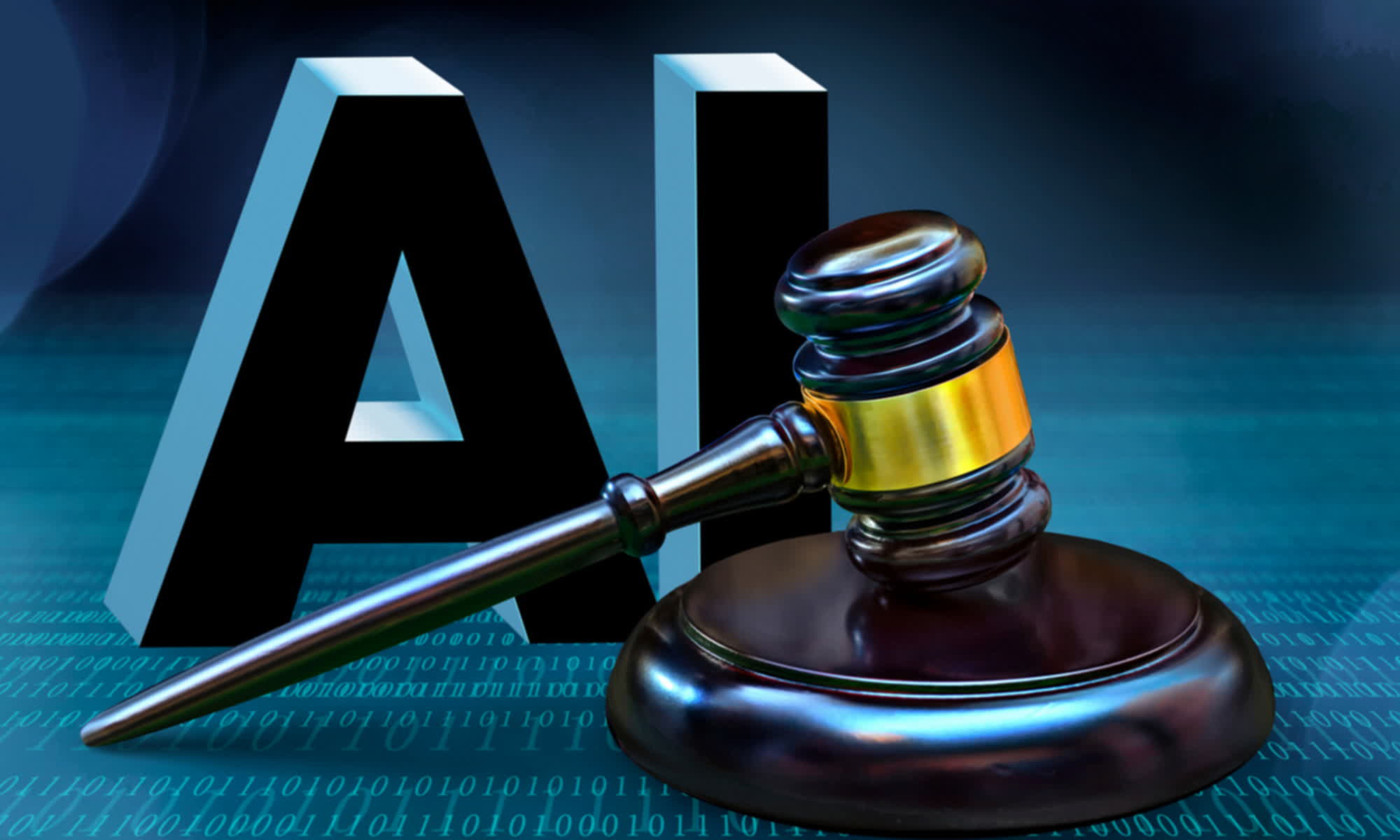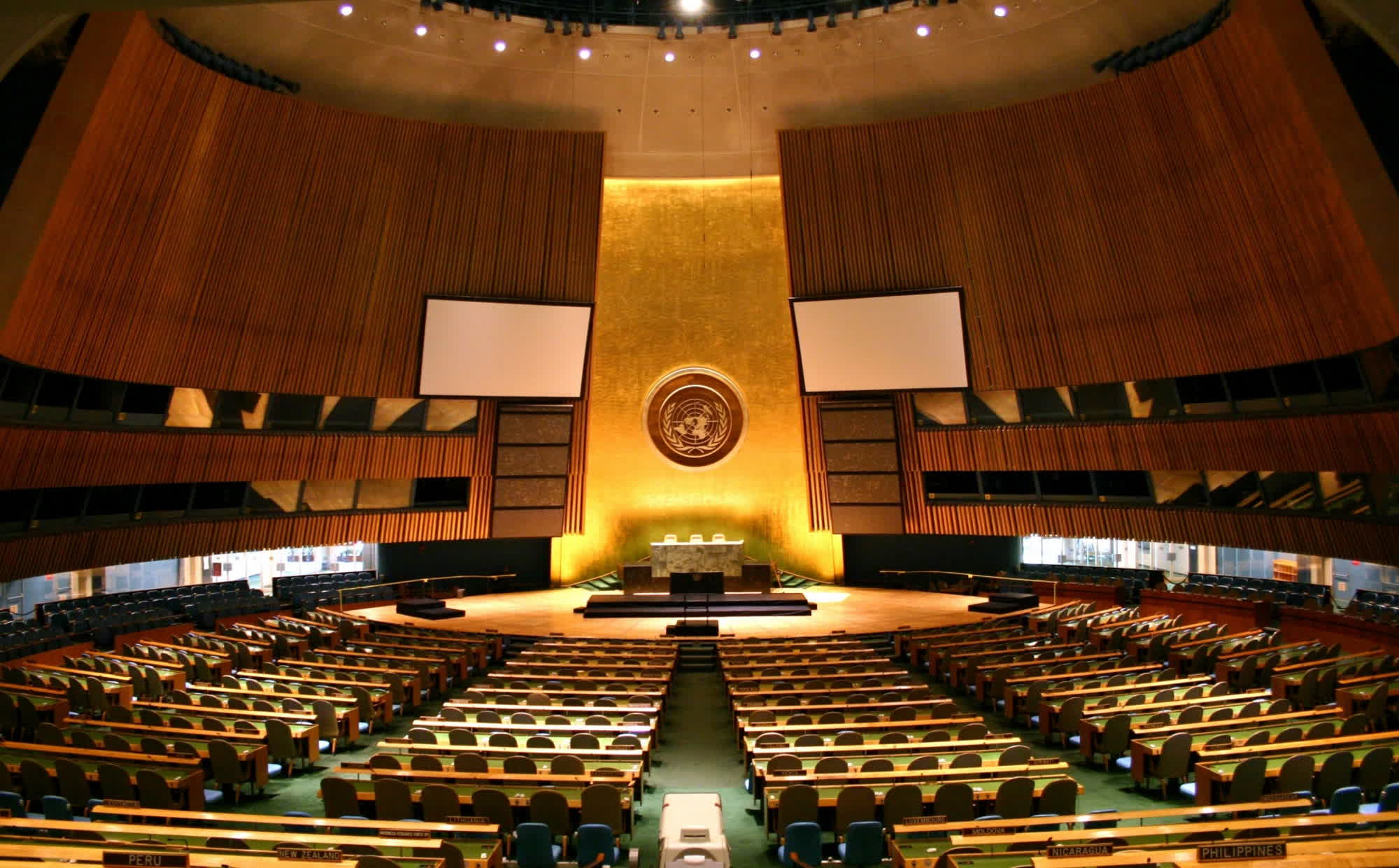Why it matters: The United Nations General Assembly has taken an unprecedented stand over AI promotion and development, declaring that the world needs algorithms that are safe and secure for anyone. The Assembly approved the decision by a wide margin. However, stopping the unsafe exploitation of machine learning on a global scale is an entirely different matter.
The UN General Assembly adopted a draft resolution prepared by US representatives to promote AI development. The resolution says that the UN must seize the opportunity to create safe, secure, and trustworthy artificial intelligence systems, which must also guarantee "sustainable development" for all people worldwide.
The draft was co-sponsored or backed by more than 120 UN Member States, including China. Due to its massive sponsorship, the UN adopted the resolution without a vote. According to the US National Security Advisor, this unprecedented attempt to regulate an emerging field in advanced technology can be a "historic" step forward for safe AI.
Member states and other stakeholders are encouraged to "refrain" from using AI systems incompatible with international human rights laws. The same fundamental rights people enjoy offline must also be protected online, including the complete life cycle of artificial intelligence systems.

While machine learning and AI algorithms (including the GPT-x foundation models and the ChatGPT chatbot) come from a reasonably long history of open-source development, not all countries are experiencing the same level of AI technology adoption and growth. United Nations members are therefore "urged" to cooperate with and support developing countries so that they can enjoy the benefits of AI as well.
United States Ambassador Linda Thomas-Greenfield introduced the newly approved draft by stating that AI technology has the potential to unlock progress "on more issues, for more people." However, the world must approach AI as a global community to mitigate risks. Otherwise, we will "let it govern us."
The UN resolution promotes safe AI development and global cooperation but provides no significant measure for enforcing the new rules. More stringent attempts to regulate AI have already been made, with the European Union (and China) enforcing proper bans over AI applications that threaten netizens' rights.
